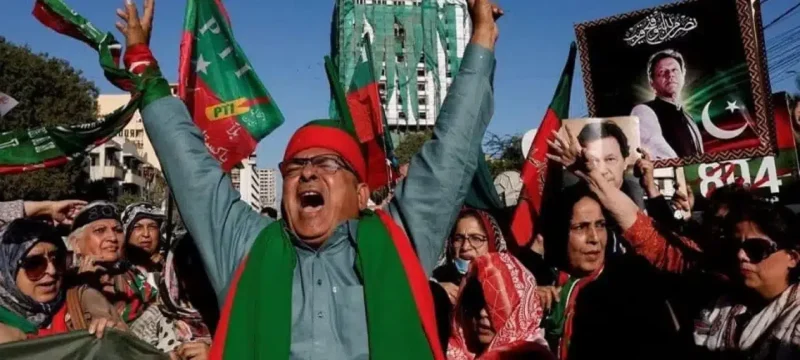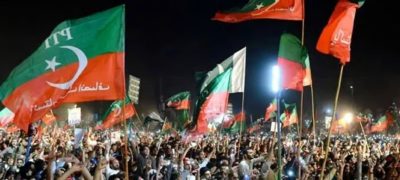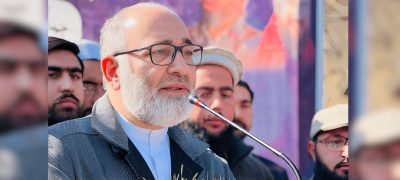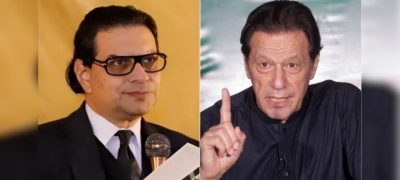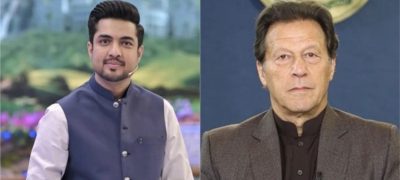The deal struck between the Pakistan Peoples Party (PPP) and the Pakistan Muslim League-Nawaz (PML-N) to form a coalition government entails conditional support from the PPP, according to a top PPP official. This arrangement, while ending days of uncertainty following the inconclusive February 8 election, may present challenges for the government as tough decisions are required to address the country’s financial crisis amid opposition from supporters of jailed former Prime Minister Imran Khan.
The PPP’s Secretary of Information, Faisal Karim Kundi, stated that the party will not hold cabinet positions and will instead provide support in parliament on a case-by-case basis depending on its stance. Although the PPP will support the PML-N’s candidate for prime minister, Shehbaz Sharif, it will evaluate policy decisions individually.
Also Read: Dar Hints at Possible Breakthrough in PPP Talks
One of the most significant challenges facing the new government is reaching consensus on critical fiscal measures under a new International Monetary Fund (IMF) program, as the current program is set to expire in March. Additionally, contentious issues such as the privatization of state-owned enterprises like Pakistan International Airlines (PIA) may further complicate matters, with the PPP opposing PIA’s privatization while the PML-N seeks to expedite it.
In exchange for supporting the PML-N’s government formation, the PPP will seek key positions such as the office of the president, chairman of the upper house of parliament, and governors in two of the four provinces.
The announcement of the alliance between the PPP and PML-N was positively received by markets, leading to a rise in Pakistan’s benchmark share index and recovery of Pakistan bonds after several days of decline. While the PML-N and PPP together hold a simple majority in parliament, smaller parties will also be brought into the coalition to solidify the government’s support.
Meanwhile, candidates supported by Imran Khan’s party won 93 seats in the election but lack the numbers to form a government. Khan and his party have contested the election results, alleging widespread rigging.


